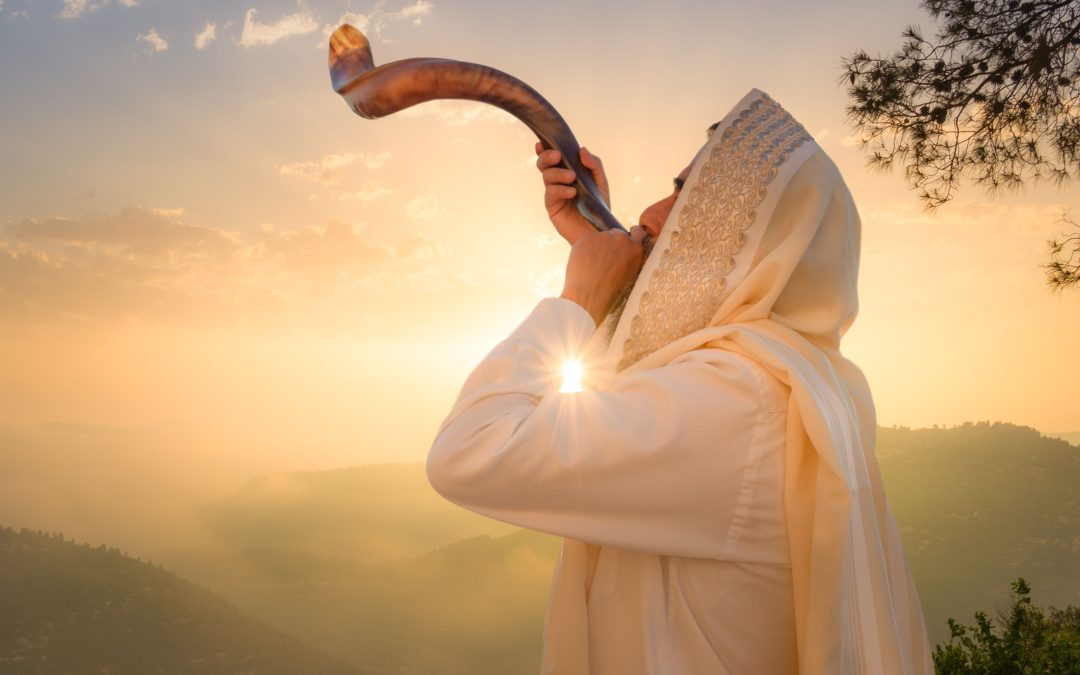The Sacred Seven: Understanding the Feasts of the Lord
The number seven holds deep significance in the Bible. This digit repeatedly emerges, echoing through scriptures and suggesting the idea of completion and perfection. For example, the earth was created in six days, and God rested on the seventh, deeming it a day of completion. Furthermore, in the Book of Revelation, the number seven appears frequently – with seven churches, seven seals, seven trumpets, and seven bowl judgments.
Interestingly, there are also seven feasts of the Lord. These feasts, woven intricately into the biblical narrative, serve as powerful reminders of God’s plan and purpose for humanity.
- Feast of Passover: This represents the death of Christ and its origins trace back to when Israelites were in Egypt. They marked their doorposts with lamb’s blood to protect their firstborns from the tenth plague. Jesus was crucified during this time, symbolizing the ultimate sacrifice.
- Feast of Unleavened Bread: Symbolic of the burial of Christ, this feast emphasizes the incorruptibility of Christ. Like unleavened bread, which does not contain yeast and cannot rise, Jesus’s body did not undergo corruption during his time in the tomb.
- Feast of First Fruits: Celebrating the resurrection of Christ, this feast is a testament to the idea that Jesus was the initial fruit of those who have been resurrected.
- Feast of Pentecost: Denoting the ascension of Christ, this feast is celebrated 50 days post Passover. It marks the moment when Jesus ascended to Heaven, but also the arrival of the Holy Spirit on Earth.
- Feast of Trumpets: This feast, replete with the sound of trumpets, may indicate the second coming of Christ and the rapturous moments that will follow.
- Feast of Atonement: Representing Israel’s completion and alignment with God, this feast emphasizes unity and reconciliation.
- Feast of Tabernacles: Symbolizing the kingdom age, it anticipates the time when Christ will set up His kingdom on Earth.
These feasts, rooted in Israel’s traditions, hint towards pivotal Christian teachings and events, painting a cohesive narrative of salvation and redemption. While some scholars and believers look to these feasts in an attempt to predict the exact timing of Christ’s return, most concur that the exact date remains a divine mystery. What’s essential, as Christ taught, is to always be watchful and ready.
The feasts serve as spiritual compasses, guiding believers on a journey of faith. They’re not just historical markers but spiritual milestones that underline God’s unwavering love and commitment to His people. So, while dates and rituals have their importance, the heart of these feasts lies in their message of hope, redemption, and the eternal bond between God and His followers.






